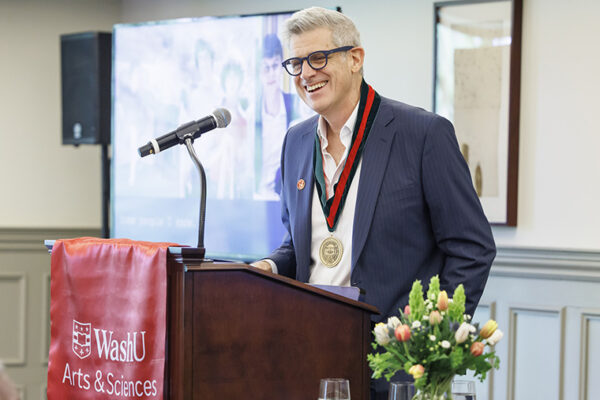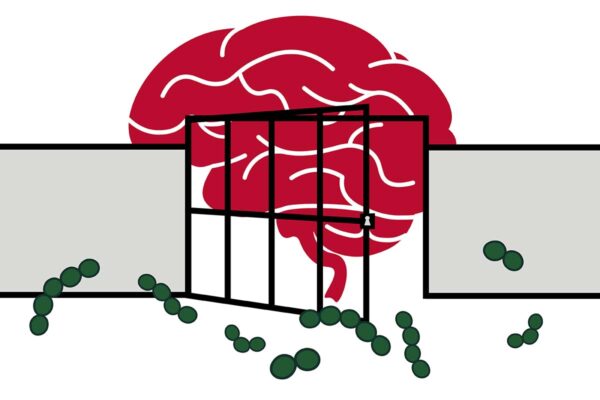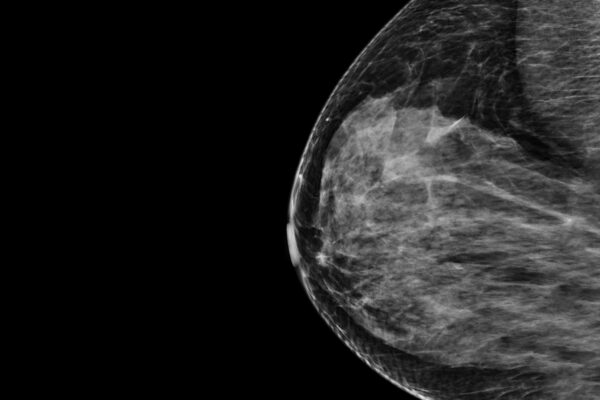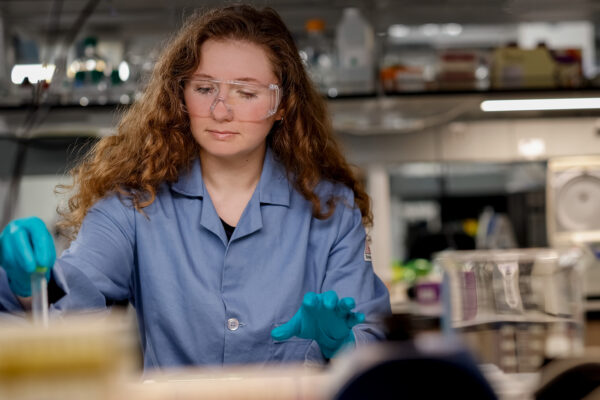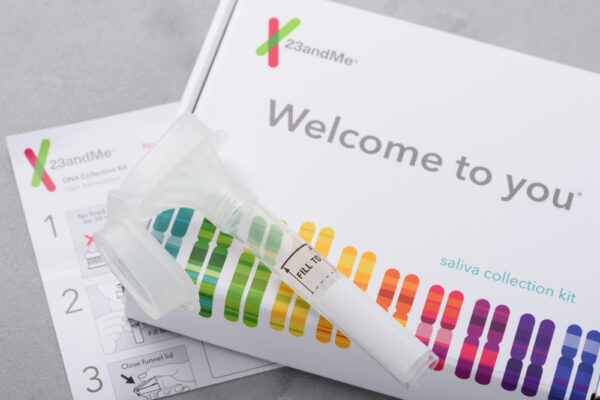Red and blue churches? Repealing Johnson Amendment would have disastrous effect
A new federal government interpretation allowing churches to endorse political candidates will cause division in churches and sets the stage for the U.S. government to favor politically aligned religions, says Mark Valeri, an American religious historian at Washington University in St. Louis.
Career Catalysts: WashU stipends fund internships, fuel professional growth
Career Catalysts is a new series by WashU interns, about WashU interns. In this installment, see how Fiona Sun, a McKelvey School of Engineering student, is working with Equine Smartbit to develop a sort of smartwatch for horses at Fairmount Park.
Maxwell installed as Fannie Hurst Professor of Creative Literature
William J. Maxwell has been installed as the inaugural Fannie Hurst Professor of Creative Literature in Arts & Sciences at Washington University in St. Louis. A lecture and reception to celebrate his appointment were held recently in Whittemore House.
Sun exposure changes chemical fate of littered face masks
Researchers at Washington University in St. Louis reveal that discarded face masks undergo photochemical changes, influencing their surrounding environment.
Immune ‘bouncers’ protect the brain from infection
A new study by WashU Medicine researchers found that, in mice, histamine-releasing immune cells protect the brain from infection.
AI-based breast cancer risk technology receives FDA Breakthrough Device designation
AI-based technology developed at WashU Medicine that improves breast cancer risk prediction has received Breakthrough Device designation from the Food and Drug Administration.
WashU, MilliporeSigma sign collaboration agreement
A project that could help scientists identify novel ways to fight disease is one of the research efforts that will get a significant boost under a new collaboration agreement that Washington University in St. Louis has signed with science and technology company MilliporeSigma.
Richards serves as privacy ombudsman in 23andMe bankruptcy case
WashU privacy law expert Neil Richards had a unique opportunity this year to put his training to use: He was named an ombudsman to guide the courts on how genetic data owned by 23andMe should be handled during its sale.
Biologist Zhong to study how plants deal with nutrient stress
Xuehua Zhong in Arts & Sciences has won a $1.1 million grant from the National Science Foundation for research aimed at developing more resilient crops that can adapt to changing environmental conditions and support sustainable agriculture.
Gun violence remains top St. Louis public health concern, but mental health, addiction rising
St. Louis’ top health concerns are shifting. New WashU data shows rising concern over mental health and addiction — even as gun violence still leads.
View More Stories


